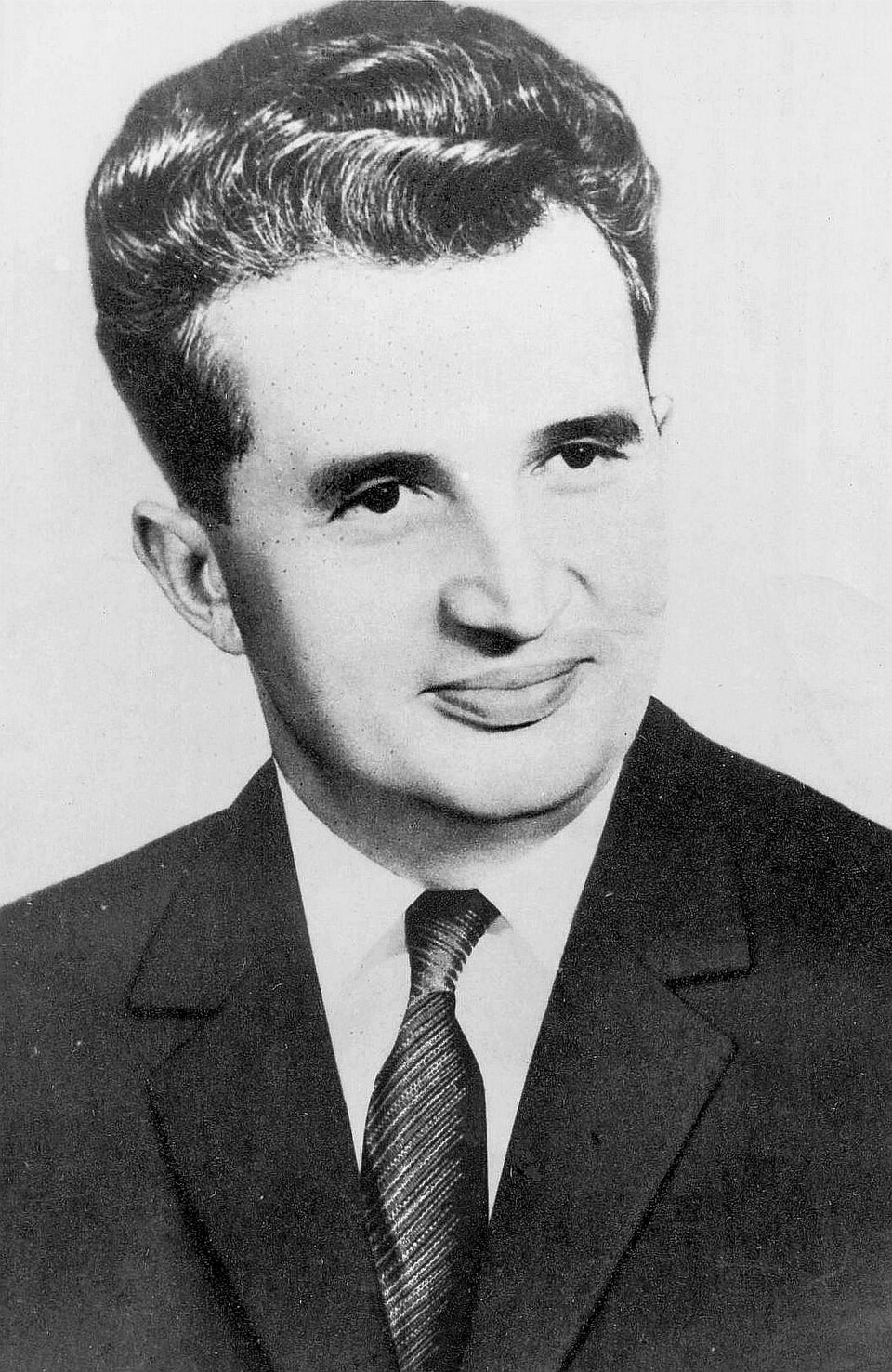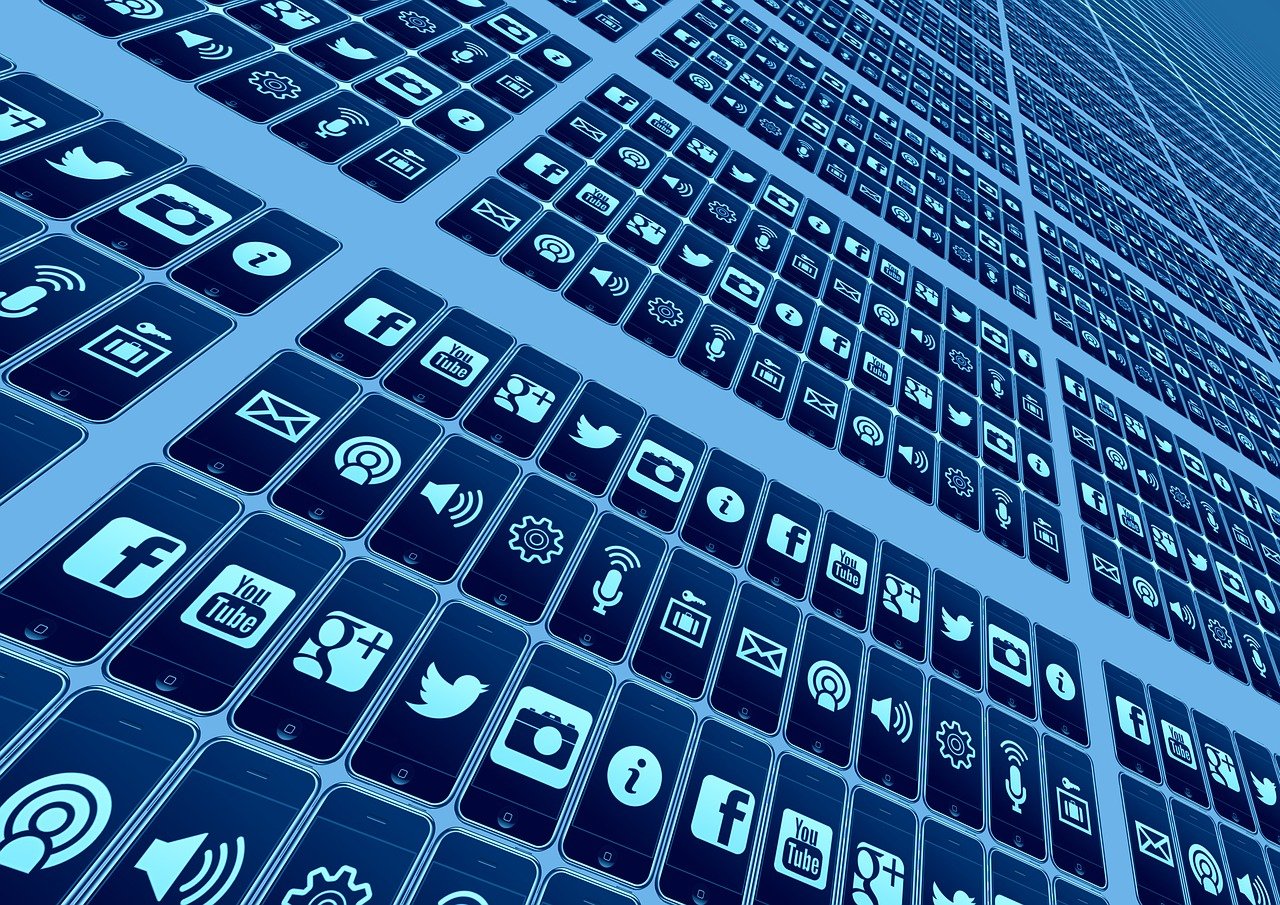
Politics permeates our lives in a myriad of ways. Whether local, national, or global, the study of political groups, leadership, and power within society, i.e., political sociology, is vital in understanding why people act the way they do toward one another. Let’s take a few minutes to examine recent political events through the sociological lens. By doing so, we will gain a better understanding of how our lives are influenced by the political process.
Beginning on the local or state level, we find that fights over redistricting, or changes in the boundaries of an electoral voting district, are commonplace. Efforts have been underway in states including Florida, New York, and Texas to redraw congressional and legislative districts. Sadly, these efforts typically don’t result in increased civil participation, individual and collective action to address issues of public concern. Instead, they are often a type of disenfranchisement, an effort to restrict or revoke the voting rights of an individual or group. Requiring voters to pay a poll tax, a fee to participate in the voting process, is another type of disenfranchisement. Historically, local and state governing bodies used the poll tax to keep segments of society from participating in the political process. Modern-day examples of the poll tax have been contested in Florida and North Carolina.

Nationally, C. Wright. Mills’ power elite model can be useful in understanding politics. Specifically, this perspective contends that power is concentrated among the elite and wealthy, particularly corporations, the government, and the military. In this context, power is the ability to exert control over others and achieve goals with or without the support of society. The power elite model is most applicable within the context of capitalism, an economic and political system based on private control of the production and distribution of goods and services within a free market system. This is opposed to communism, an economic and political system based on the ownership and regulation of all of the production and distribution of goods and services by the government.

In recent weeks, totalitarianism, a state-controlled government holding all authority over public and private lives, has been quite visible on the global front. The actions of Russia’s Vladimir Putin in Ukraine and his own country offer concerning glimpses of dictatorship, a form of government in which political authority is controlled by a single person or political entity. This is in stark contrast to Ukrainian democracy, a system of government in which the power is vested in the people and free elections are held. The consequences of Putin’s actions have been devastating to Ukraine and, by default, the world supply chain. The Russian economic system, a framework for the production and allocation of goods and services within a society, is in free fall as countries around the world impose sanctions in the hopes that either Putin will back down voluntarily or the Russian people will rise up and force him to do so.
Even though we often identify political events as local, national, or global, lived experiences are always local. Whether you are allowed to vote, some national leader tries to influence your vote, or an economic system on the other side of the world collapses, all of these examples affect you on a local level. Sociology can help us understand these events and, in the process, answer the hows and whys of our lived experiences.
Thompson is a co-owner of UITAC Publishing. UITAC’s mission is to provide high-quality, affordable, and socially responsible online course materials.
Images used in this blog:
- “Person Dropping Paper On Box” by Element5 Digital is licensed on Pexels. This image has not been altered.
- “Five White Yacht” by FransVan Heerden is licensed on Pexels. This image has not been altered.
- “Volodymyr Zelenskyy paid a visit to the wounded defenders of Ukraine undergoing treatment at a military hospital” is in the public domain.




